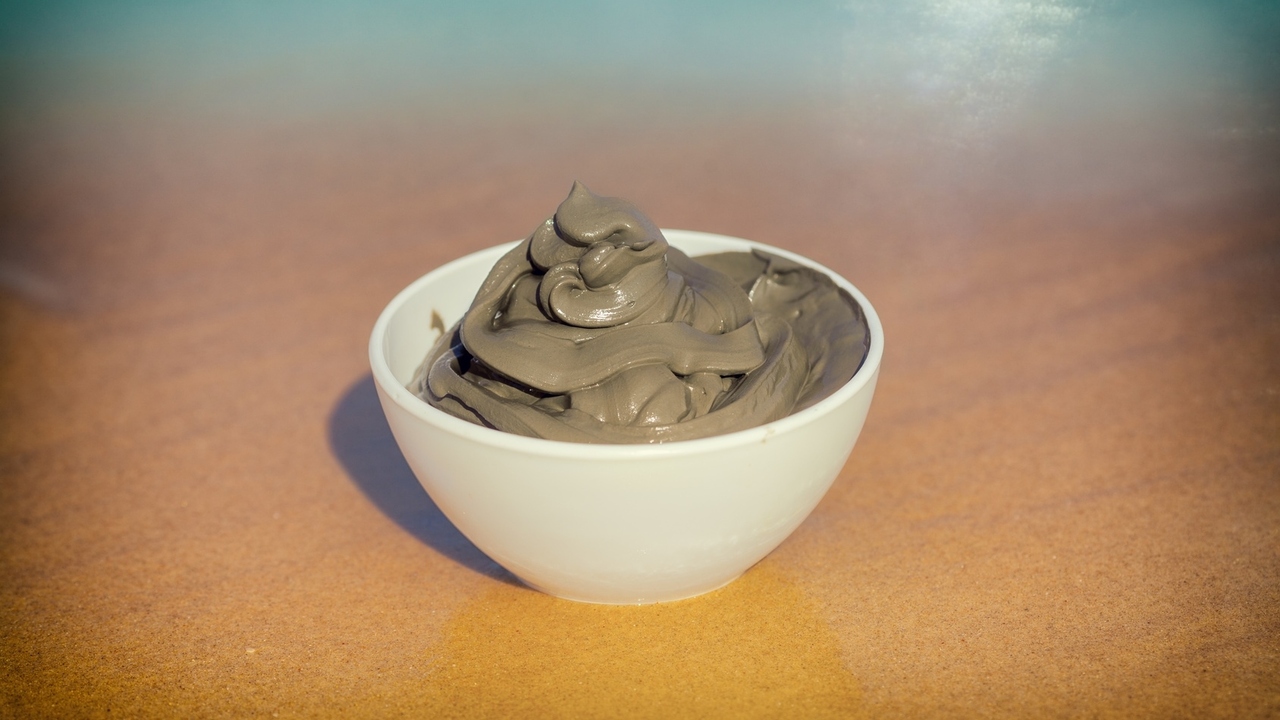 arinahabich/Fotolia
arinahabich/Fotolia
First off, let’s address the hocus pocus of the “detox” trend. No randomized, controlled scientific trials have been performed to prove detox diets work.(1)
Your kidneys and liver are cleansing machines. They don’t need a lemon juice fast or kale smoothies to do their jobs.
However, diet and lifestyle choices do impact health. Interested in a healthy body and clean living? Here’s some science to detoxify your life.
Practice food safety
Food safety isn’t trendy or sexy, but it’s critical to a healthy body. According to the CDC, 1 in 6 of us will succumb to a food-borne illness this year. That’s 48 million people. E. coli and salmonella are the biggest threats.
Raw chicken splattering across your counter isn’t the only culprit. Salmonella can be found in meats, eggs, fruits, vegetables, and even peanut butter.(3)
Most food arrives in our kitchen after a long journey from farm, to a manufacturer or processing plant, to ride on a delivery truck to grocery stores. Contamination can occur anywhere along the way.(3)
Buy food as local as possible, shortening the journey and the chance for contamination. At home, keep cutting boards, utensils and counter tops spotless. Keep your hands clean, and don’t cook for others if you have diarrhea or vomiting.
Keep raw meat and poultry well wrapped and properly chilled, and cook foods to recommended temperatures.
Rethink candles
Would you deliver aerosolized poison straight into your home on purpose? You could be doing just that when you light candles, if you use them quite frequently.
A study by South Carolina State University found that paraffin candles, which are petroleum based, release alkanes, alkenes and toluene — all chemicals reported to be harmful to humans.(6)
The paraffin candles casting a romantic glow over your dinner table are made from the byproducts of oil refineries. The researchers of the study suggest using 100-percent soy candles, made from vegetable byproducts, or beeswax candles instead.(6)
In general, other studies have not shown conclusive evidence that burning candles directly affects consumer’s health but a 2001 EPA study showed that fragranced candles produce more soot and that choosing unscented ones might reduce that exposure.
Address your relationships
Healthy social ties contribute to a long, healthy life, according to research which compared the friendless to social butterflies. The study found that people with the fewest social ties have twice the risk of death.(2)
Low-quality and low-quantity social ties are also associated with inflammatory disease and impaired immune function.(2)
Invest time and energy in social ties by joining clubs and group sports, attending religious services, and volunteering in your community.
Tortured by a toxic relationship? I write about my own emancipation from a toxic mother here.
Reduce animal products in your diet
Want to detox from obesity, heart disease, diabetes and high blood pressure, and reduce your risk for an untimely death?(4) How about cancer? Eat more plants and less meat.
A healthy plant-based diet is rich in fruits, vegetables, beans, seeds and nuts, and low in animal products (including eggs and dairy), oils and processed foods.(4)
According to the National Institutes of Health, diet can be linked to 70 percent of colorectal and prostate cancer cases, and 50 percent of breast cancer, endometrial, pancreatic, and gallbladder cancers.(5)
Hundreds of studies have shown vegetarian and vegan diets to reduce many types of cancers, including bladder, ovarian and lymphatic cancers.(5)
Before you’re tempted to fast on lemon, cayenne and maple syrup tinctures, see if it's your life that needs cleaning up.
Reviewed July 12, 2016
by Michele Blacksberg RN
1) Detox diets for toxin elimination and weight management: a critical review of the evidence.. NIH.gov. Retrieved July 11, 2016.
http://www.ncbi.nlm.nih.gov/pubmed/25522674
2) Social Relationships and Health: A Flashpoint for Health Policy. NIH.gov. Retrieved July 11, 2016.
http://www.ncbi.nlm.nih.gov/pmc/articles/PMC3150158
3) Making Food Safer to Eat. CDC.gov. Retrieved July 11, 2016.
http://www.cdc.gov/vitalsigns/foodsafety
4) Nutritional Update for Physicians: Plant-Based Diets. NIH.gov. Retrieved July 11, 2016.
http://www.ncbi.nlm.nih.gov/pmc/articles/PMC3662288
5) Reduced cancer risk in vegetarians: an analysis of recent reports. NIH.gov. Retrieved July 11, 2016.
http://www.ncbi.nlm.nih.gov/pmc/articles/PMC3048091
6) Frequent use of certain candles produces unwanted chemicals. SCSU.edu. Retrieved July 11, 2016.
http://www.scsu.edu/news_article.aspx?news_id=832
7) New Study Finds Scented Candles and Air Fresheners Pose Dangerous Health Risks. Woman’s Day Magazine. Retrieved July 21, 2016.
http://www.womansday.com/health-fitness/wellness/news/a51813/new-study-finds-scented-candles-and-air-fresheners-pose-massive-health-risks






Add a Comment2 Comments
Comment:
The National Candle Association would like to weigh in on the referenced data regarding the safety of scented candles. It is important to note that the mentioned study from South Carolina State University actually came from a slide presentation, not a scientific paper. It was never published in a peer-reviewed journal, and its findings cannot be substantiated. When Dr. Massoudi first presented his findings, which contradicted the overwhelming body of scientific evidence on candle combustion, he provided no quantitative data, was never able to identify the candles he measured or their composition, and could not explain the presence of emissions not associated with candles.
Additionally, the article noted that soy candles should be used over paraffin candles, due to safety concerns. Internationally sponsored studies have been conducted on candles consisting of either soy wax, paraffin wax, beeswax or other commonly used waxes. These studies have definitively shown that the combustion products of all common waxes are virtually identical. Therefore, the combustion products of soy wax are no different than that of paraffin wax. The levels of these combustion products emitted by all candles are well within safety standards when burning candles in the home under normal conditions. For more information, please refer to a summary of the study here: http://candles.org/wp-content/uploads/2014/05/International-Study-Shows-All-Candle-Waxes-Burn-Alike.pdf
In the future, if you or any of your colleagues have any questions regarding the candle industry, the National Candle Association would be happy to serve as a resource. Additional information can also be found at www.candles.org.
Regards,
July 20, 2016 - 8:43amCarol Freysinger, Executive VP, National Candle Assn.
This Comment
Thanks for reading, Carol, and for your input.
July 21, 2016 - 6:03amThis Comment